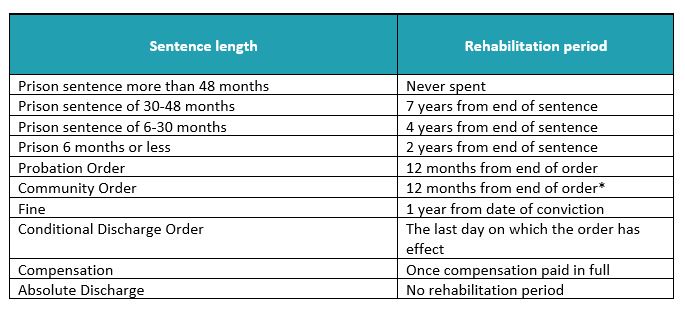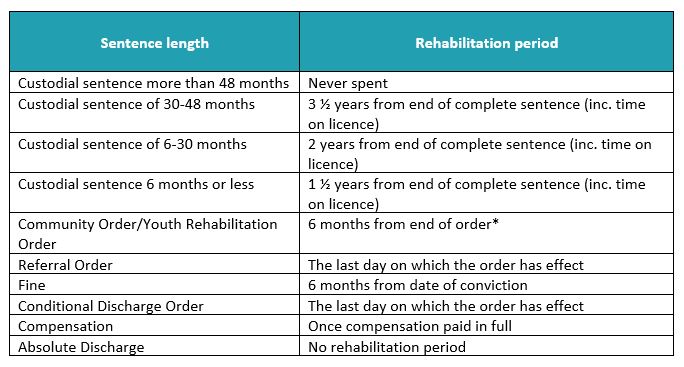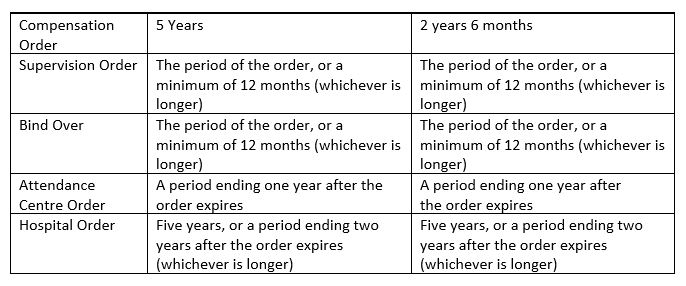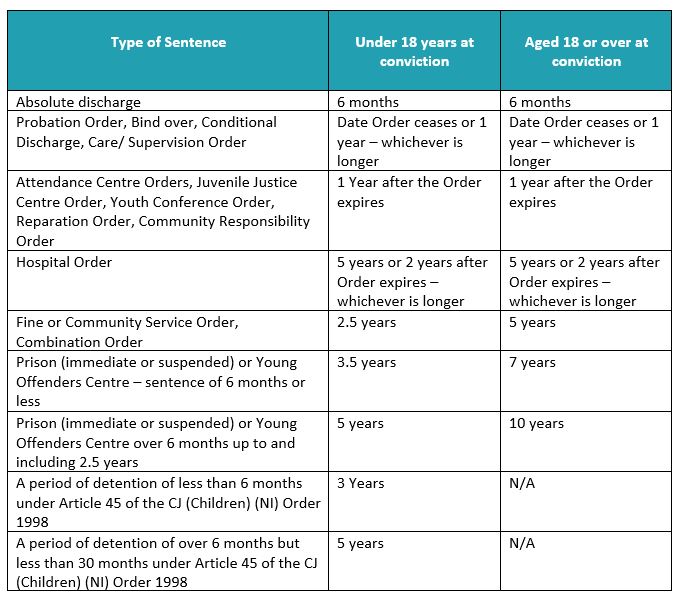
20 January 2026
As safeguarding expectations continue to rise across education, care and personal employment, access to appropriate […]
Read more01443 799 900
Many people applying for a new job will need to undertake a DBS check. However, many people are unsure what is involved in such a check, what it entails, and what it will reveal.
Here at CBScreening, we’ve been running these kind of checks for more than a decade and are happy to explain the reasoning and process.
A DBS check looks at the record of a person’s past, specifically at any convictions, cautions, reprimands and warnings they may have received. In some instances, the DBS run checks against the adult and children’s barred list, depending on the role of an individual or the job for which they are applying.
The enhanced check is the only check which provides information on those who may be included on the two DBS ‘barred lists’ (previously called ISA barred lists). It is a criminal offence for those professionals on the barred list to be able to work with vulnerable adults and young children.
Learn more on our Enhanced DBS Criminal Disclosures page.
DBS background checks are the only real way to find out what information is true, false, exaggerated or withheld. With so many different aspects to consider with each candidate – such as education, work history, professional licences and criminal history – verification background screening checks are important and essential if a company really wants to know who they are hiring.
DBS checks will also pick up criminal convictions and criminal records. However, multiple cautions can be filtered from all reports if the offences are eligible and the relevant filtering period has elapsed for each caution.
For all applications where the candidate currently resides in England and Wales the rehabilitation periods are as follows:
ADULTS – If you were 18 or over on the date of conviction

* Where the order does not specify the last day on which the order is to take effect, the rehabilitation period is 2 years from the date of conviction.
JUVENILES – If you were 17 or under on the date of conviction

* Where the order does not specify the last day on which the order is to take effect, the rehabilitation period is 2 years from the date of conviction.
For all applications where the candidate currently resides in Scotland, Northern Ireland or outside of the United Kingdom the rehabilitation periods are shown in the table below.

Some sentences carry variable rehabilitation periods. The main ones are as follows:

Important Note: This is intended as general guidance only. It must not be regarded as a definitive interpretation of the Rehabilitation of Offenders Act 1974. Anyone in doubt should seek legal advice.
Please note that for all applications submitted via AccessNI the rehabilitation periods are shown in the table below.

You can find out more about this in our guide: When Will Your Record Be Cleared?
If you are convicted of a driving offence, such as speeding or drink driving, you will receive points on your licence and a possible driving ban.
These endorsements become spent after 5 years if you are over 18, or 2.5 years if you were under 18 at the time of the offence. However, these endorsements will stay on your licence for either 4 or 11 years, depending on the seriousness of the offence of which you were convicted.
If you fall within any of the exceptions, then you will be required to disclose all your convictions, both spent and unspent.
Applicants should always aim to give potential employers the full and accurate truth regarding their history, education and criminal record as an Enhanced Background Check with CBScreening will eventually reveal the true picture. Additionally, lying on a CV could harm an applicant’s chances of securing employment due to the breakdown of trust.
CBS’ average across the UK is 5.4 days for an Enhanced DBS Check with several thousand being returned in less than 24 hours every month.
The DBS state it can take up to 6 weeks to receive your certificate, however, the majority of certificates return within 2 weeks. Typically, the longest part of the process is the police records search; depending on how quick their departments are in your area will reflect the length of time it takes for your certificate to come back.
Ultimately, a robust employment screening process can help save you time and money whilst increasing the safety of your company and overall brand reputation. At CBS, we can talk you through a background checking process which will help benefit your company and help you to feel more secure when making this decision.
If you would like any more information on our Enhanced DBS checks or advice on measuring your screening services, please get in touch with our team – we’d love to hear from you.

20 January 2026
As safeguarding expectations continue to rise across education, care and personal employment, access to appropriate […]
Read more
18 December 2025
Workplace screening has undergone a significant change over the past two years, driven not by […]
Read more
28 October 2025
It’s autumn 2025, and compliance is no longer judged by what happens at hiring – […]
Read more